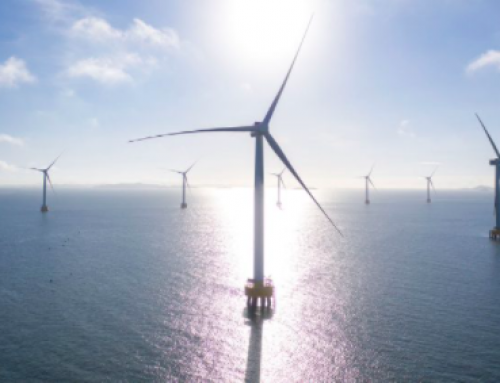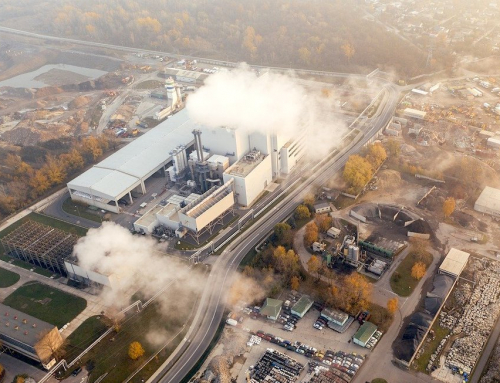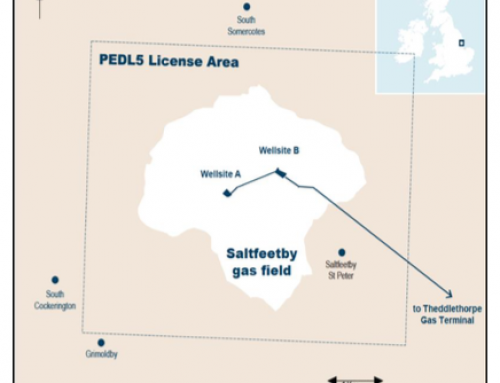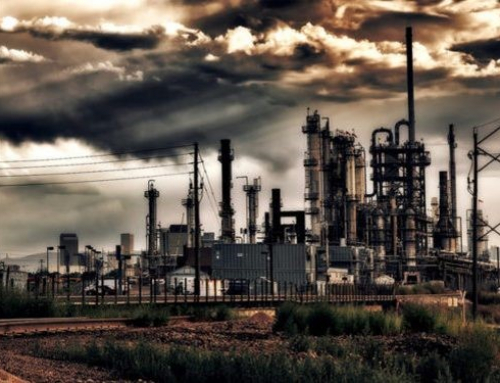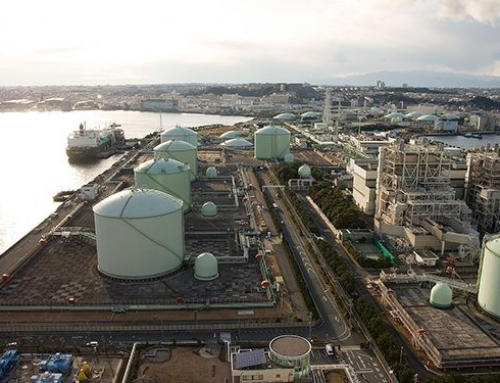Liz Truss Departed Office leaving the Energy Caps in a Dreadful Tangle
By Stewart Dalby
In a recent edition of the FT(18 October) it splashed a damning headline across its front page which said: “Truss’s future on life-edge after Hunt rips up her economic strategy” ”Well, the new Chancellor of the Exchequer Jeremy Hunt did not rip up one part of her economic strategy exactly but he did seriously truncate it.
Liz Truss had put in place an energy price guarantee which would provide support to many households but focus in particular on the poorest homes. She would do this by reducing the current energy cap to £2,500 per annum and freezing at this level for two years at a cost to the government– and by extension to the tax-payer– of £90 billion (bn)
Truss, while in No 10, kept on claiming it was a major achievement, when suddenly oops- a–daisy out went Liz Truss and along came Mr Hunt who quickly reduced the energy price guarantee from two years down to just six months.
The government must have been thinking that given that there is likely to be a brutal winter (the National Weather Services is reporting that it is going to be A SUPER COLD WINTER, maybe one of the coldest in decades.) It behoves government to keep the moderate energy price in place until the end of next April
So, when it became doubtful in some quarters that Truss’s initiative to keep the energy cap low would not succeed, members of the cartel started to let it be known that because gas prices continue to rise, on 1 October 2022 the energy cap could would go up to £3,500 (an 80 per cent increase) from the existing £1974 set on 1 April 2022. This would mean fuel poverty for around eight 8 million households, double the 4 million households already thought to be suffering from fuel poverty.
But worse news was to come. Without widely publicising what they had in mind Ofgem, the regulator said it was going to set the energy cap level every three months. This would mean that the cap would go up in January 2023 to, say, £4200.This would mean not just fuel poverty but outright destitution for millions
Moreover the inflation of the energy cap could continue to rise after January. One of the government’s It seems likely the cap will go up to £4,200 next April 2023. But even this not the end of the story.
One of the government’s ‘Think Tanks’ says that towards the end of 2023 the energy cap could rise to £6000. That means £500 a month for every households.
How many of us can afford us this? What is the government planning to do to support us. One expert, Martin Lewis, said the measures taken last May when Rishi Sunak was Chancellor are still extant.
The measures are that every household should get £400 to help with bills. Also the poorest homes– those living on benefits — will get a further £650. The poorest people will therefore get £1250 to get them through the harsh winter.
This will help some people to some extent, but generally the outlook for the next six months is bleak

